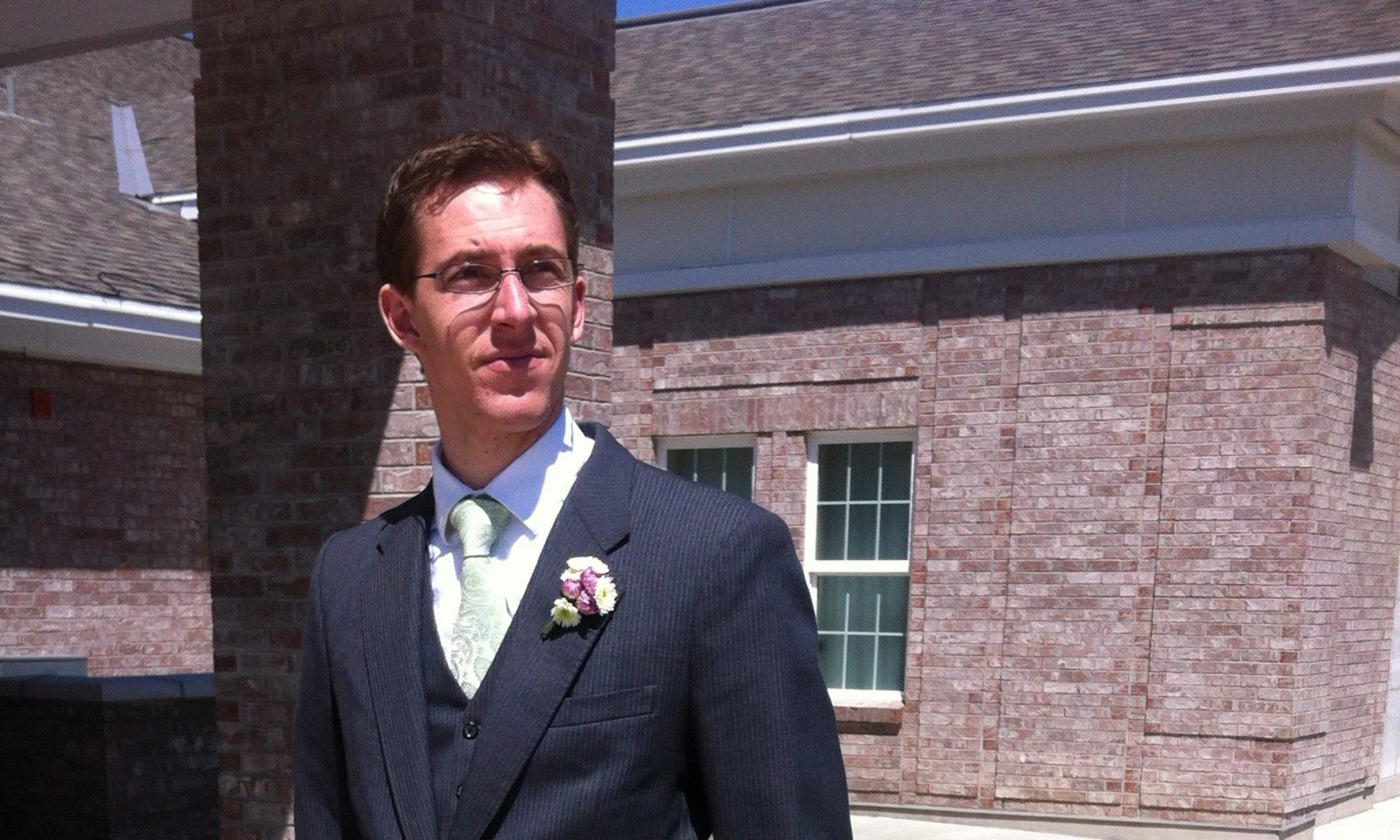I had an interesting conversation while painting my house this week, the gist of it was something like
If we consistently tell kids what they are, they’ll never discover what they can be.
Personal conversation
A profound thought at any level, but I found it even more interesting in the context it came in.
We were discussing people with developmental disabilities and mental illness.
I’ve written extensively here about my episodes of depression, but I’ve strongly resisted (for no explainable reason) saying or identifying with the phrase “I have depression.” I haven’t been able to attach a reason, but the above seems like a really good reason to add to the list.
If you claim “a thing I experience” is “a thing I am” it becomes somewhat final.
When a person says “I am _____” they begin to identify irreversibly with that attribute, and it often begins to dominate their perspective and focus. But to do so is short-sighted. That single thing is an attribute, not a whole personality.
And so they pigeon-hole themselves and limit potential growth.
For certain things clinical diagnoses are required to receive special help, but I’m not sure labels like “Jimmy is autistic” or “Emily is ADD” are really helpful as the child begins to process what’s going on in their own lives. What aspects of enjoyment and personality will just instantly be ignored because they conclude “I have a [thing] people with [thing] can’t do that”?
The reality is they may struggle more than another person to do that thing. And they may attribute (rightly or wrongly) their struggle to their condition, but everyone struggles with doing somethings. So why not acknowledge that fact and simply say “I am human, I will struggle, let’s do the work necessary to succeed”?
Conclusion: be very careful with saying “I am” those things become permanent. Everything else you may “experience” or you may “struggle with.”
